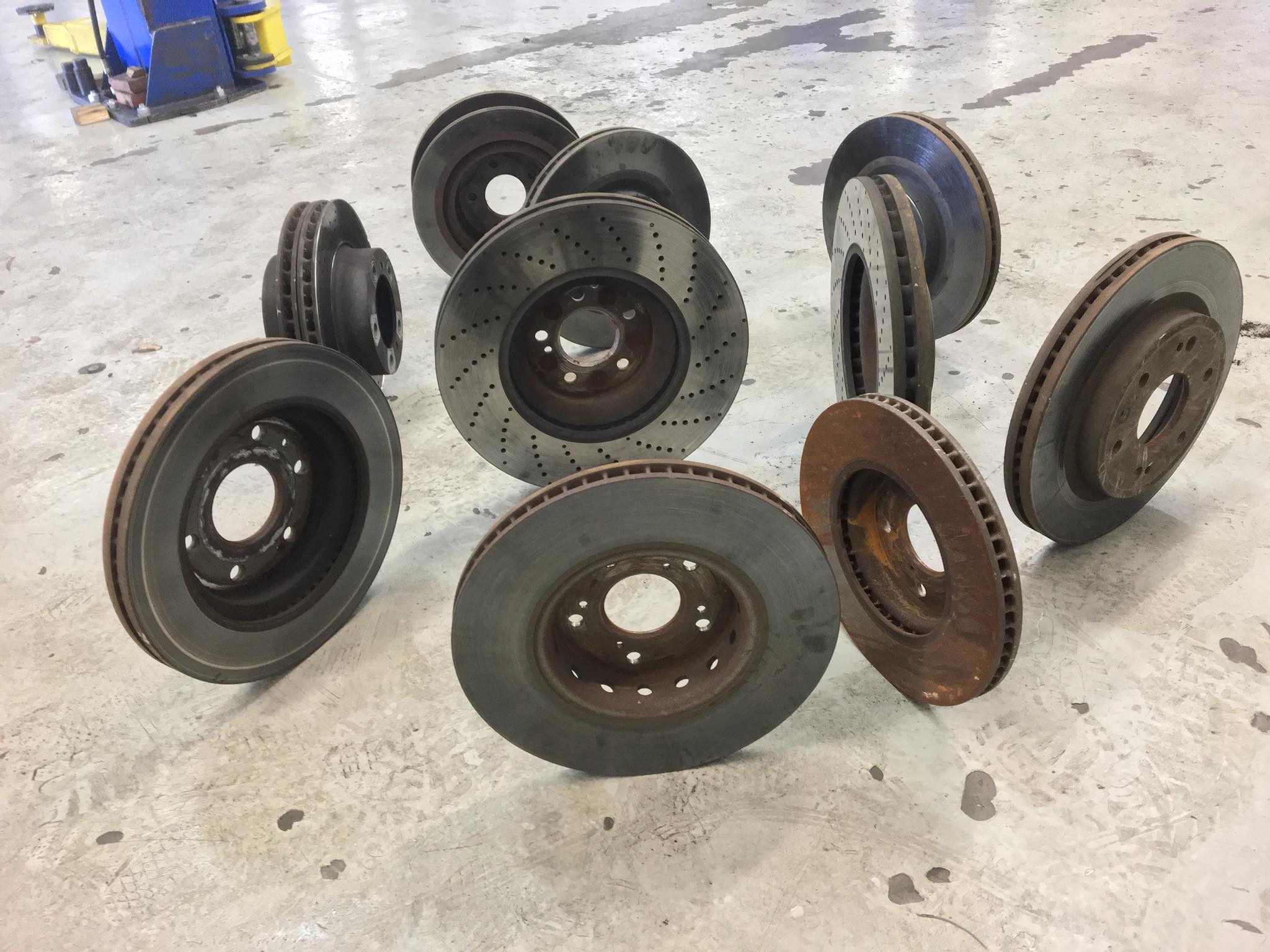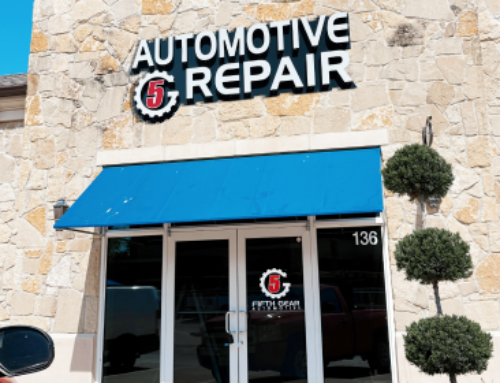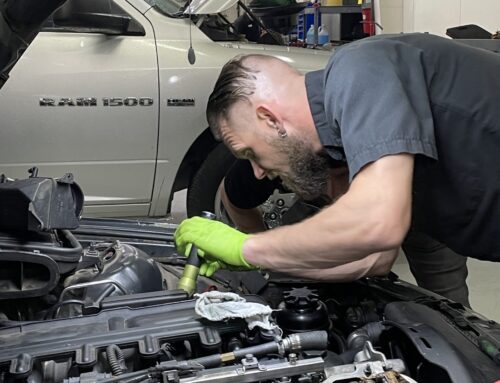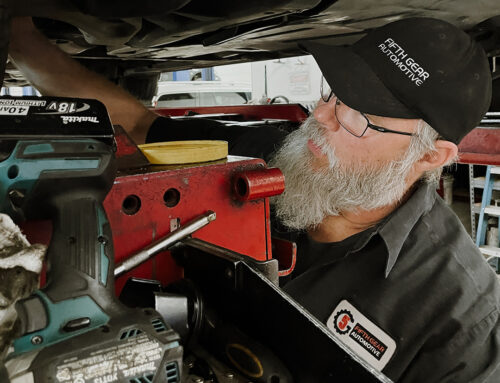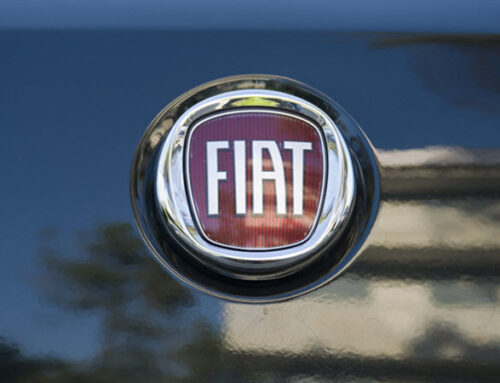When Should I Use My Parking Brake?
Out of all the buttons, levers, and switches in your vehicle, the parking brake is the feature that you most likely commonly overlook. The parking brake is also known as the emergency brake, e-brake, or handbrake. And is more important than you think. Find out how often you should be engaging your e-brake and why.
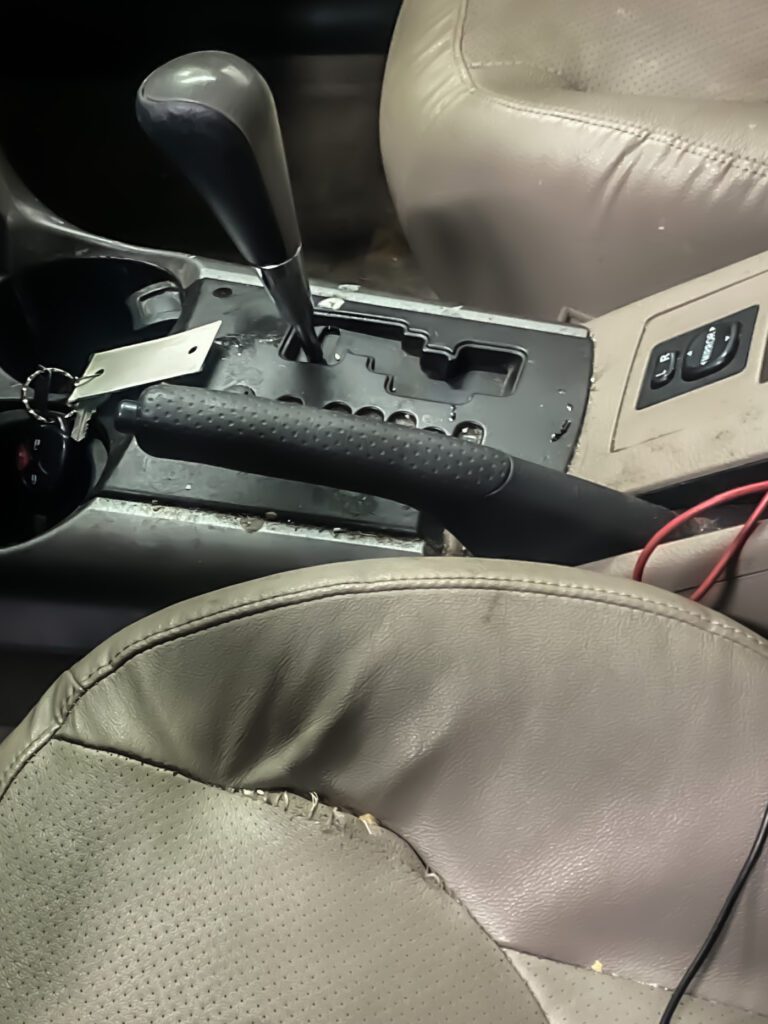
How Does The Parking Brake Work?
The parking brake is part of your vehicle’s overall braking system. It is a vital part of keeping your car from moving after you’ve parked it. The emergency brake was originally designed to be the secondary braking mechanism that would stop your vehicle if your main braking system failed. The parking brake will press against your rear brakes with less force than the primary braking system. Many people use the parking brake to keep their car in place when parked, especially on hills or steep inclines.
When you shift your car into “Park”, you engage a device called the parking pawl. The pawl is a small, metal part in your transmission that locks the gears into place. This device can wear out over time and can cause your vehicle to roll back a little after you park. Engaging the parking brake can ease the stress put on the parking pawl.
The parking brake is part of the overall braking system. It’s connected to the rear brakes and when engaged, will press against them with less force than the primary braking system. Originally, this secondary braking mechanism was intended to stop a vehicle when the main brake system failed, but today it is primarily used to keep a vehicle in place when parked, especially on steep inclines or declines.
Not all braking systems are identical, but there are generally four types of parking brakes. Check your owner’s manual to confirm which type of parking brake your car is equipped with.
- Stick lever (located on the instrument panel of older-model vehicles)
- Center lever (located between the two front seats, near the center console of newer-model vehicles)
- Foot pedal (located on the floor to the left of the other pedals, found in a range of vehicles)
- Push button (located on the console with other controls in mostly newer-model vehicles)
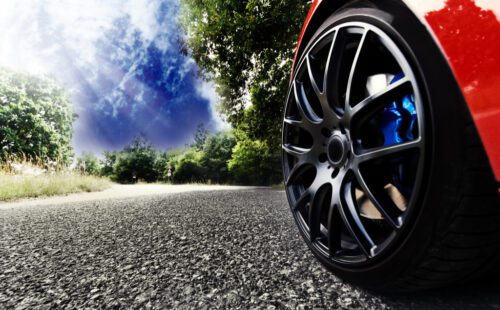
STOP BY FOR A CHECKUP: CAN MY PARKING BRAKE FAIL?
Yes. Parking brakes can corrode, weaken, and snap if not used. Since you won’t know there’s a problem until you need the brake, it’s a good idea to have the parking brake regularly inspected, at least at every other oil change. Bring your vehicle to Fifth Gear Automotive and we will take a look at it for you. Remember, safety first!
Some information for this article was contributed by Lou’s Car Care!

